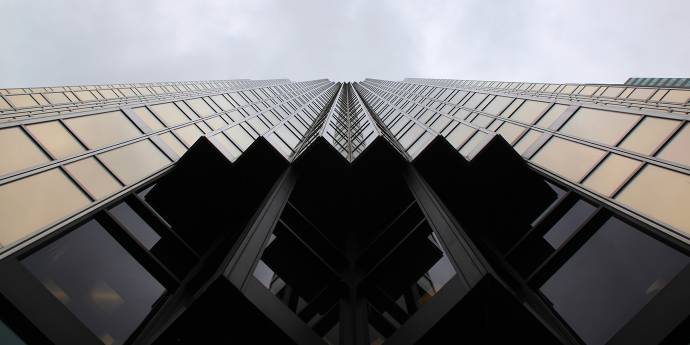Food safety governance guide
This guide, developed by New Zealand Food Safety, helps you to understand your responsibilities in relation to food safety.

It was, as many teachers and outdoor educators said when the news broke, your worst nightmare. A school outdoor experience went wrong, a young life was lost. Now, charges have been filed against the school Board of Trustees, and many of the health and safety issues that arose in the White Island tragedy are again in focus.
A Whangarei Boys' High School outdoor trip was originally intended for rock climbing but was changed to an excursion to the Abbey Caves when the forecast suggested bad weather. These forecasts turned to warnings of thunderstorms and flash floods, but the trip still proceeded, and 15-year-old Karnin Petera was swept away and drowned when the weather conditions rapidly worsened.
An extensive WorkSafe investigation has led to charges being filed in the Whangarei District Court against the school’s Board of Trustees.
It is important to note, the charges are not against the individuals on the Board. Some office holders, like school board members, are protected from personal liability. However, directors may still be liable and should ensure evidence of compliance with their duties. If there's evidence of individual responsibility, WorkSafe and the courts may hold individuals accountable.
Charges have been filed under sections 36(2), 36(1)(a), 48(1), and 2(c) of the Health and Safety at Work Act 2015. The school is considered a PCBU (Person Conducting a Business or Undertaking).
Key Sections
Based on similar school-related cases, the cave trip as part of the school’s education outside the classroom programme will be treated as an organisational activity. Boards are generally responsible for students' health and safety in outdoor education settings like this.
WorkSafe will assert that the school failed to plan for and deal appropriately with severe weather warnings before the trip in breach of its duties. The original plan was replaced with another activity that was equally dangerous given the conditions, raising questions about whether there was a short-term risk assessment that was not properly conducted, and whether the risks at Abbey Caves were fully understood.
The duty requires continuous risk assessment updates. As weather conditions worsened before the visit, the Court will likely question why the risk wasn't interpreted as elevated, despite previous assessments highlighting Abbey Caves' flooding tendency and a parent's concern about the trip.
If convicted, the Board could face a fine of up to NZ $1.5 million under section 48(2)(c). Guilty pleas, cooperation with Work Safe, remorse, good character, and assistance after the incident may reduce the fine.
Additionally to the filing of charges, WorkSafe issued a note to school boards across the country that while education outside the classroom is a vital and valuable aspect of our education system, it was imperative that boards reflect on their systems and processes to ensure they are meeting legal requirements, and that students and parents can be confident in the safety of such activities.
The charges offer the reminder once again that directors and others in governance roles carry a significant responsibility for the health and safety of those whom they lead. Directors cannot afford to be complacent. Comprehensive risk assessments and proactive hazard mitigation measures are the surest protection from nightmare.
